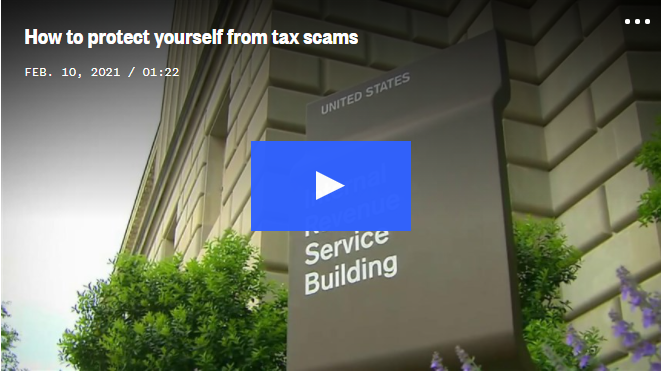Millions of Americans Victimized by Unemployment Fraud
- Millions surprised by an extra tax form in their mail
- Not all check scams involve fake checks
- Ohio shocked by pervasiveness of unemployment fraud
Here's a jarring and somewhat novel experience: You go to your mailbox and find IRS Form 1099-G waiting for you -- you know, the form you get when you've been collecting unemployment.
But you haven't been collecting unemployment...
Surprise Tax Forms
According to NBC News, millions of Americans are receiving 1009-G IRS Tax forms for unemployment benefits for which they never applied -- resulting in a conservative estimate of over $36B in losses, with a significant portion from fraud.
The inspector general's report said a variety of "identity thieves and organized criminal groups have found ways to exploit program weaknesses," exploiting historically underinvested-in state unemployment infrastructure.
"They just took credentials from previous data breaches and hammered those state systems," said Eva Velasquez, president of the nonprofit Identity Theft Resource Center, which advises governments, businesses and consumers about data breaches. "States are so impacted they're having a hard time getting to legitimate requests, let alone fraud requests."
Click the image above to watch the video on NBC News website.
In Ohio, the state had to stop 166,000 such forms from going out because the agency learned these cases were filed fraudulently. This widespread identity theft goes even further, reported FOX19Now, as Ohio Unemployment Director Kimberly Henderson told them there could be several hundred thousand more 1099-G forms already in the mail en route to those who never filed for unemployment on their own behalf. They are, in effect, fraud alarms.
Ohio is not alone by any means. Bloomberg Law reports:
At least 11 states are seeing an increase in fraudulent unemployment insurance activity fueled by the millions of claims coming in each month and additional federal dollars being offered to the unemployed due to the coronavirus pandemic.
Places including Arizona, Colorado, Maryland, New York, Ohio, Texas, and Washington combined are reporting billions of dollars in fraud, according to a Bloomberg Government review of unemployment actions across the nation. States and the U.S. Department of Labor and FBI have issued alerts.
The situation is made that much worse by the easy availability of personal information on the “dark web” as a result of major security breaches, as well as pressure to get government services online and streamlined, experts said.
We recently detailed the 3000% rise in Business Email Compromise (BEC) in 2020. However, these types of phishing attacks are not relegated to just businesses. Consumers need to be wary of myriad other scams such as brand impersonation, and the classic -- but still effective -- Nigerian email scam.

The perpetrators were able to assume the identities of their victims to the extent needed to collect either a digital transfer, or cash a check. In Ohio, the numbers are staggering -- it's possible that 10% of the state's unemployment payments went to scammers. Identity fraud is a challenging animal requiring more advanced monitoring technologies. As an example, when checks are used as the primary monetary transfer, image-analysis and field recognition can actually match check data to negative lists, i.e. payee and payor fields. So not only can banks identify counterfeits, forged, and altered checks, but they can leverage similar technology for fraud use cases like these.

